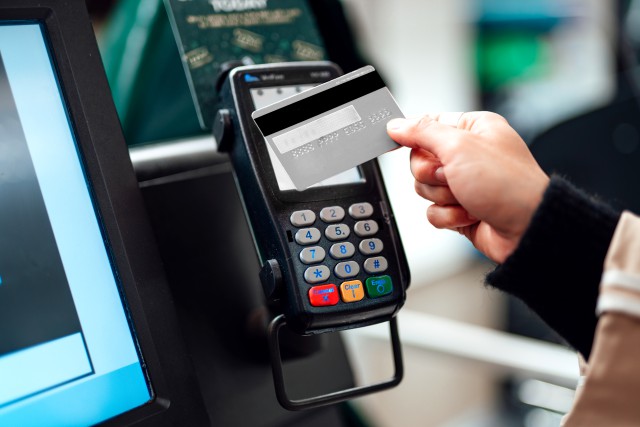What is a 0% balance transfer credit card?
Martin Lewis, the MoneySavingExpert, has issued an urgent warning to anyone with credit card debt, revealing how 0% balance transfer cards could save them thousands of pounds. Balance transfer cards allow users to move balances from multiple cards onto one new card, and during a set period, no interest is charged. This means that more of the repayment amount goes towards reducing the debt, rather than paying off interest.
Which balance transfer card is best?
There are limitations when it comes to transferring money from one card to another within the same banking group. As such, the options for balance transfer cards are determined by the banks without card debt. MoneySavingExpert has an eligibility calculator on its website to help users assess which cards are suitable for them. To qualify for a 0% balance transfer card, a credit check must be passed. The best card listed by MoneySavingExpert is Barclaycard, offering a 30 month 0% period for pre-approved customers. Other options include M&S bank with a 28 month 0% period, Santander with a 23 month 0% period, Sainsbury’s with a 20 month 0% period, and HSBC with a 16 month 0% period and no fee. For those with poor credit scores, Virgin Money and Chrome by Vanquis Bank are suggested options.
How to apply for a balance transfer card
Applying directly to a bank for a balance transfer card will be noted on the applicant’s credit report. To avoid this, MoneySavingExpert recommends using its eligibility calculator, which uses a “soft search” that lenders cannot access. The easiest way to choose a card is to select one with the lowest fee and the repayment time frame that suits the user. Lewis advises opting for a longer repayment time if unsure. The MoneySavingExpert website also provides a guide for those with poor credit history on how credit cards will impact them.
How can I get debt help?
If concerned about debt, Citizens Advice suggests creating a budget and monitoring bank balances. Paying more than the minimum amount on credit cards each month is advised, even if it’s a small increase. Citizens Advice also recommends paying off the most expensive credit card first and prioritizing debts. Rent, mortgage, council tax, and energy bills should be prioritized to avoid serious consequences. Organizations such as Citizens Advice, StepChange, and National Debtline can provide assistance in managing debt and negotiating with creditors. It is advisable to explore free options for managing debt before seeking support from private firms.








